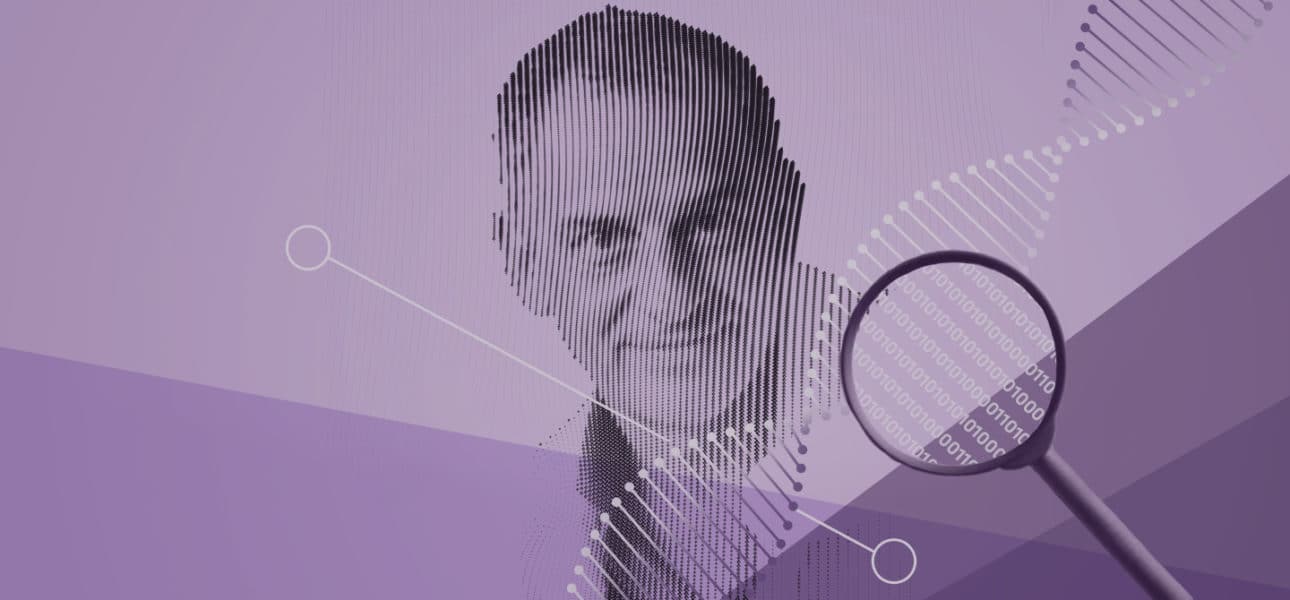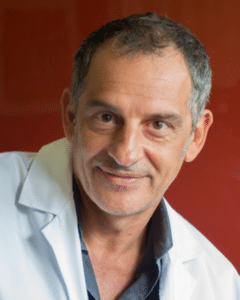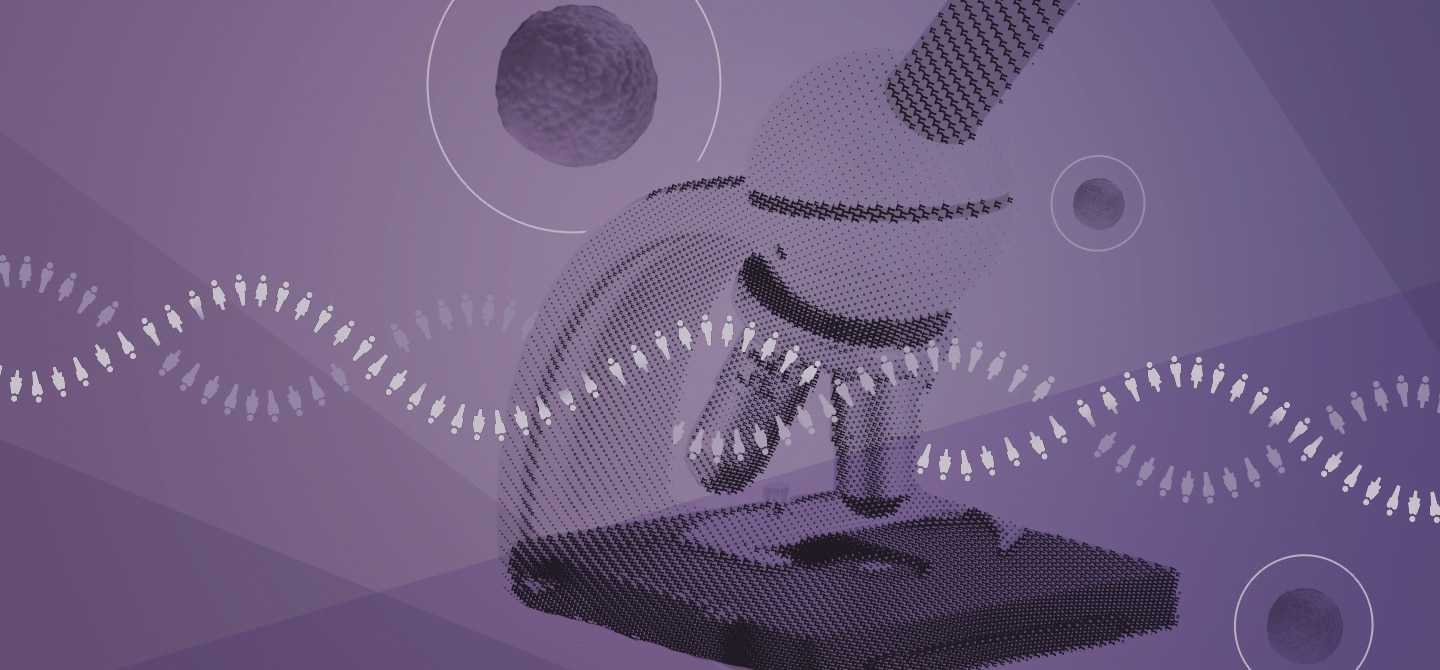Personalised medicine has already been used for around 20 years to treat patients by choosing the most effective medications based on genetic tests. Originally, the discipline was developed for cancer drugs, making it possible to target specific mechanisms of each tumour.
You study the way personalised medicine is being rolled out in France. What’s in it for patients?
We know now that certain hereditary gene mutations have bad prognoses for cancer. Two such examples are BRCA1 and BRCA2, which are ovarian and breast cancer mutations. With personalised treatments that target these mutations, the prognosis has gotten better. Ten years ago, thirty percent of women with ovarian cancer and the BRCA1 mutation had a survival rate of three years. Now, that has increased to seventy percent. Personalised medicine is no longer a prospective field; it is already here!
It’s no longer a question of treating small groups of patients. Oncologists need to know not only that these treatments exist, but also how to prescribe the test – and that’s very important. A diagnosis can require genetic counselling, because we have to look for the mutation in the patient’s genome, not just in the tumour.
Genetic counselling consultations prevent the patient from badly communicating extremely important information to others who could be impacted, like sisters, uncles, cousins, etc. This involves various healthcare professionals: geneticists, oncologists, molecular biologists, pathologists, and so on. Should a mutation be detected, the multidisciplinary team put in place will personalise the care for the patient and for his family.
What do you need to improve this service?
We need new tools! Including those for medical decision-making, as well. We need bioinformatics solutions so that we can analyse genetic sequences, sort through detected variations and isolate those that have biological significance – and more!
Even if we don’t identify mutations for which medication is available in pharmacies, there may already exist medication that is authorised for a different organ. Perhaps then that can be used for one of the detected variations. In other cases, medication is available in a clinical trial or through temporary authorisation. Or our patient could be eligible for an AcSé program [to access innovative therapies] with the National Institute of Cancer (INCA), or a ‘basket study’. Finding information on these different options can be difficult.
Hence, we need smart solutions to tell us whether a genetic alteration can be targeted by a treatment and to help us direct the patient towards the best treatment protocol for them.

But personalised medicine goes beyond oncology…
Absolutely. It is now being used by rheumatology and cardiology specialists. Cardiac problems (cardiomyopathies), which we thought were unexplained, are no longer a mystery. We now know that certain genes are responsible for sudden deaths of athletes.
For common illnesses, such as diabetes, we have found risk markers. Although we talk a lot about personalising healthcare for treatment, this kind of approach can also be used for screening and prevention. Genetic markers indicate the risk of developing breast cancer or diabetes. Very soon, they will be part of common medical practice.
To benefit from this, will we all need to have our genomes sequenced?
No, this kind of widespread sequencing is the domain of 23andMe [an American individual genetic testing company]. I’m talking about medicine. In real terms, we currently have 100 actionable genes. In other words, we can act on these genes, either with treatment or with lifestyle changes for prevention. These are the ones that we need to look out for. We have no systemic genetic testing for the general public. That’s the truth. However, depending on your medical history, you might be able to be tested.
The France Genomic Medicine Plan aims to sequence 200,000 genomes. The British have already done 150,000, but only to measure the benefit of sequencing the general public. If we discover that this approach is beneficial from a medico-economic perspective, I’m all for it. Right now, we are simply looking into its potential utility.
So, can it be said that everything is ready?
No. If we take the example of France, we need genetic testing to be covered by Social Security [the French public health care system]. Nowadays, it is done by complex, innovative systems, which means that not everyone can access it. If a breast cancer patient needs genetic testing, there is no reason why it should not be covered by Social Security! This is no longer an innovative treatment: one in three women needs it.







